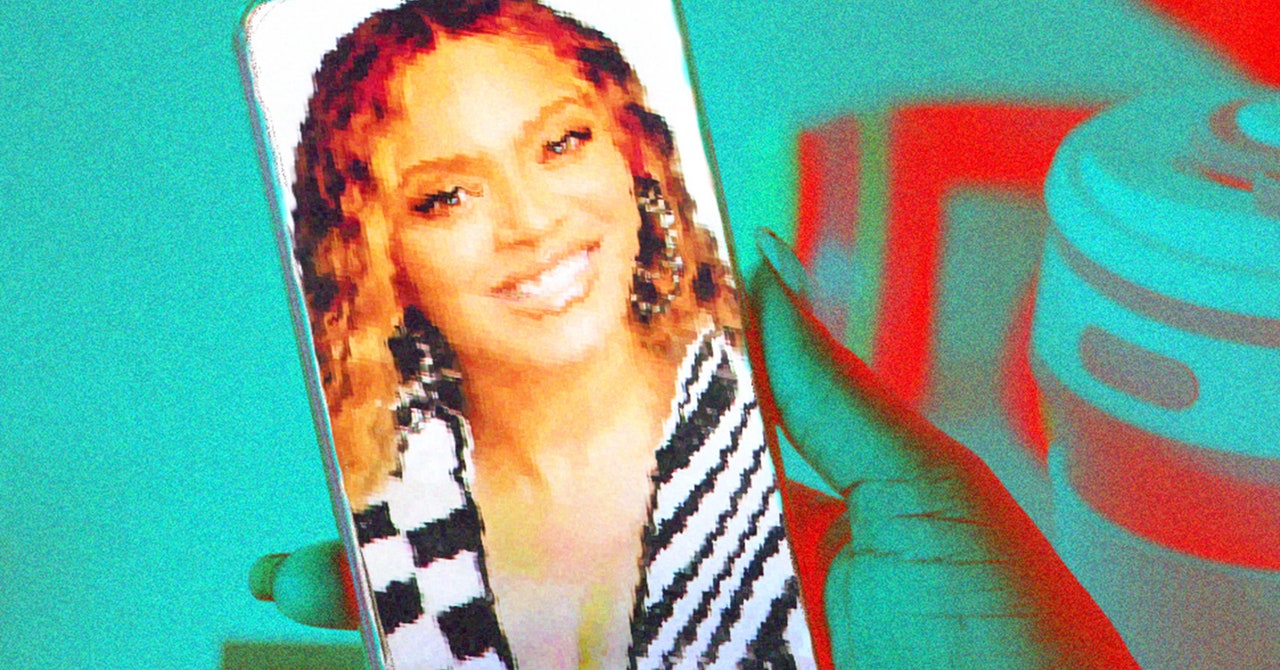
This announcement shouldn’t be the primary time a tech firm has shared plans to assist spot real-time deepfakes. In 2022, Intel debuted its FakeCatcher tool for deepfake detection. The FakeCatcher is designed to investigate adjustments in a face’s blood movement to find out whether or not a video participant is actual. Intel’s software can also be not publicly obtainable.
Tutorial researchers are additionally trying into completely different approaches to deal with this particular form of deepfake risk. “These methods have gotten so refined to create deepfakes. We’d like even much less information now,” says Govind Mittal, a pc science PhD candidate at New York College. “If I’ve 10 photos of me on Instagram, any individual can take that. They’ll goal regular folks.”
Actual-time deepfakes are now not restricted to billionaires, public figures, or those that have in depth on-line presences. Mittal’s analysis at NYU, with professors Chinmay Hegde and Nasir Memon, proposes a possible challenge-based approach to blocking AI-bots from video calls, the place individuals must move a form of video CAPTCHA take a look at earlier than becoming a member of.
As Actuality Defender works to enhance the detection accuracy of its fashions, Colman says that entry to extra information is a essential problem to beat—a common refrain from the present batch of AI-focused startups. He’s hopeful extra partnerships will fill in these gaps, and with out specifics, hints at a number of new offers doubtless coming subsequent 12 months. After ElevenLabs was tied to a deepfake voice call of US president Joe Biden, the AI-audio startup struck a deal with Actuality Defender to mitigate potential misuse.
What are you able to do proper now to guard your self from video name scams? Identical to WIRED’s core recommendation about avoiding fraud from AI voice calls, not getting cocky about whether or not you’ll be able to spot video deepfakes is essential to keep away from being scammed. The expertise on this house continues to evolve quickly, and any telltale indicators you depend on now to identify AI deepfakes might not be as reliable with the subsequent upgrades to underlying fashions.
“We do not ask my 80-year-old mom to flag ransomware in an e-mail,” says Colman. “As a result of she’s not a pc science skilled.” Sooner or later, it’s attainable real-time video authentication, if AI detection continues to enhance and reveals to be reliably correct, shall be as taken as a right as that malware scanner quietly buzzing alongside within the background of your e-mail inbox.






